Hypokalemia : Low potassium levels in Blood

Causes, effects, diagnosis, prevention and treatment of hypokalemia
Around 95% of the body’s K+ is found inside cells and remaining in the blood. It is essential for several body functions including nerve and muscle activity. It plays an important role in the repolarization of the cell membrane to a resting stage after an action potential has passed. Decreased K+ levels in the extracellular space will cause hyperpolarization of the Resting Membrane Potential (RMP). This hyperpolarization occurs due to altered K+ gradient on RMP. As a result, stronger (than normal) stimulus is required for depolarization of the membrane in order to initiate an action potential. Extracellular K+ activity influneces cardiac activity.
Hypokalemia refers to the condition in which the concentration of K+ (potassium) ion in blood is low.
Normal range: 3.5 – 5.2 mEq/L
Causes:
a. Bulimia and eating disorders
b. Deficient potassium in diet
c. Diarrhea
d. Excess urination due to diuretics
e. Hyperaldosteronism (Cushing’s syndrome)
f. Excessive perspiration
g. Excessive vomiting
h. Hereditary disorders
i. Hypomagnesaemia
j. Kidney conditions
k. Renal artery stenosis
l. Prologned cortisine therapy
m. Intravenous administration of K+ free fluids
n. Treatment of diabetic coma with insulin
Effects:
a. Cardiac arrhythmias or dysrhythmias
b. Constipation
c. Fatigue
d. High blood pressure
e. Hyporeflexia
f. Muscle cramps
g. Muscle pain (myalgia)
h. Muscle spasms
i. Muscle weakness
j. Paralysis
k. Rhabdomyolysis
l. Tetany
m. Cardiomegaly
n. Nausea and vomiting

Diagnosis:
a. Blood test to check K+ levels.
b. Additional tests: Blood Urea Nitrogen (BUN), calcium, creatinine, ECG, glucose, etc.
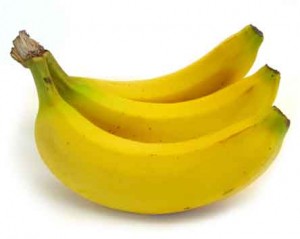
Prevention:
Maintaining a diet with potassium rich foods:
Dietary requirements: 3-4 gm/day
Sources: Banana, orange, pineapple, potato, beans, tomatoes, chicken, liver, tender coconut water.
Treatment:
Mild hypokalemia (>3.0 mEq/L) may be treated with oral potassium chloride supplements. Also, potassium-containing foods as described earlier may be recommended. Both dietary and pharmaceutical supplements are used for people taking diuretic medications.
Severe hypokalaemia (<3.0 mEq/L) may require intravenous supplementation. May predispose to ventricular tachycardias and requires intensive monitoring.
Difficult or resistant cases of hypokalemia may be amenable to a potassium-sparing diuretic such as amiloride, triamterene, or spironolactone.

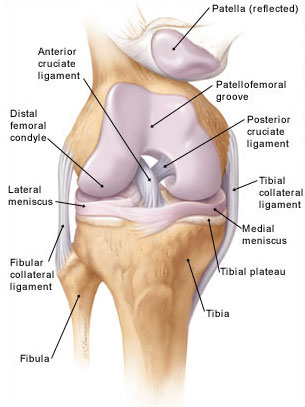
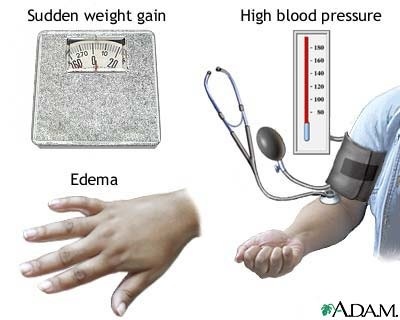
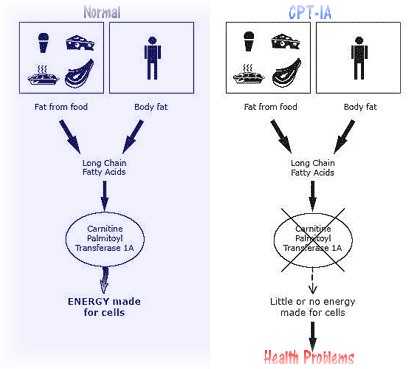
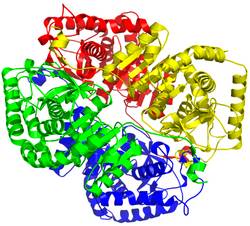
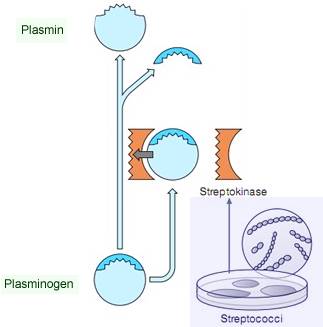
1 Comment
Really informative post.Much thanks again.
Comments are closed.